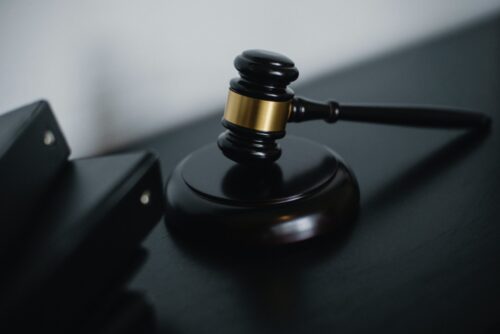
Before establishing your trademark, you may have conducted extensive research to ensure that it would distinguish your products or services from your competition. So, you may be taken aback if you have been accused of trademark infringement. Read on to discover how you can fight against claims of trademark infringement and how a seasoned New Jersey trademark lawyer at The Ingber Law Firm can come to your defense.
Why might I be accused of trademark infringement?
First of all, trademark infringement is described as the use of a valid and legally protectable mark by a competitor in a way that will cause a likelihood of confusion for consumers as to the source of the products and services. With that being said, when determining the extent of the “likeliness of confusion,” the courts will evaluate the following factors:
- The similarities between the two marks, whether it be their sound, meaning, or appearance.
- The similarities between the marketing and advertising channels used.
- The proximity of the two products.
- The strength of the owner’s mark.
- The caution a typical consumer will likely use before purchasing one of the products.
- The accused infringer’s intent of choosing their mark.
- Whether there is actual evidence of confusion.
What defenses can I take against claims of trademark infringement?
If you believe that the trademark infringement claims made against you are false, there are ways in which you can defend yourself. For one, you can claim descriptive fair use. That is, you have the right to use a descriptive term to fairly describe your product or service. Or, you can claim nominative fair use. That is, you have the right to use a mark to refer to the actual product identified by a mark.
Another strategy is to point out your mark’s distinctiveness. This can be done in the following ways:
- Your mark is arbitrary or fanciful: that is, your mark is inherently distinctive and becomes indelibly associated with your underlying product. And, you have exclusive rights as you were the first to use it in commerce.
- Your mark is suggestive: that is, your mark evokes or suggests a characteristic of your underlying product. And, you have exclusive rights as you were the first to use it in commerce.
- Your mark is descriptive: that is, your mark overly describes a characteristic or quality of your underlying product. And, consumer associate it with your product rather than a class of products.
And if all else fails, you can claim laches. This is used to point out an owner’s unreasonable delay in making an assertion or claim, such as asserting a right to a mark.
But in the end, you should not go forward without retaining legal representation from a competent Essex County, New Jersey intellectual property lawyer. We have experience in handling this type of case, and we are ready and able to help you with yours. Schedule your initial consultation with us as soon as you can.